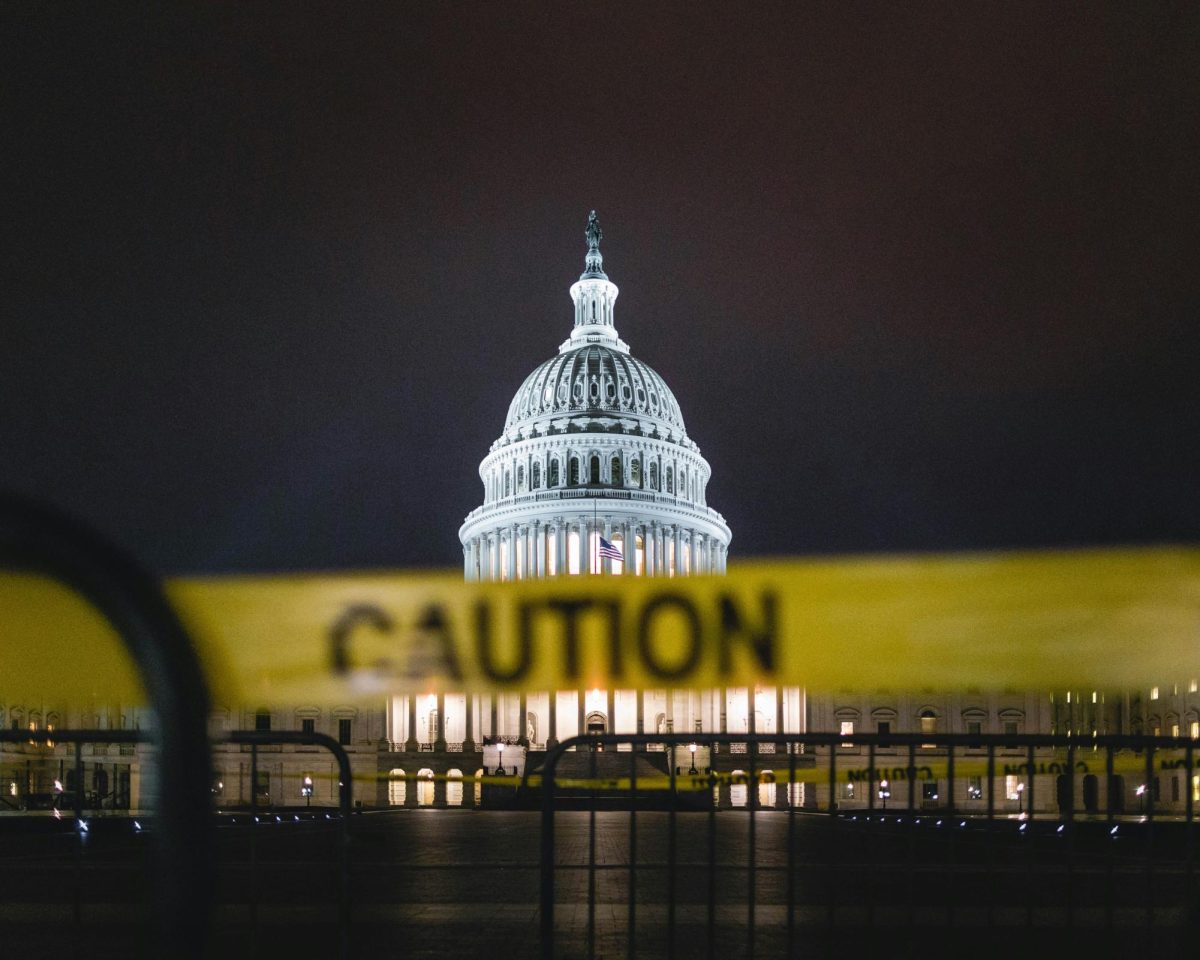PSA Assemblies: School Opinion
Opinionated survey on our school assemblies.
September 13, 2022
Recently, our school has had two PSA (Public Service Announcement) assemblies, which were gatherings meant to convey important messages to our students. These include the “Say Something, See Something” video assembly, as well as the physical and in-person “Los Al Way” gathering. This article serves to portray the student and faculty opinion on the effectiveness of PSA assemblies. These recorded opinions have been taken from a Google Form survey shared through multiple Google Classroom portals. Respondents include regular students, ASB members, and teachers.
In regards to the messages of these informative assemblies themselves, there is a varying degree of satisfaction by our students and staff. In the words of most students, the messages are redundant. Megan Jun said, “[The assemblies] are not too meaningful. Most of the time, they go over stuff that I already know or is common sense.” We can clearly see that there is a considerable demographic in this school that sees very little sentimental value in these assemblies. Young-adult high schoolers believe that they are being admonished for simple things that need to be taught to children in elementary or middle school.
One the other hand, teachers such as Mr. Heeren see considerable significance in PSA assemblies. Regarding the “Say Something, See Something” in-class assembly, he believes that “the information is important, especially info about mental health and wellness” as it relates to personal welfare in order to prevent bodily harm. As for the “Los Al Way” assembly, teachers such as Mr. Heeren uphold the idea that “It’s good for the student body to be reminded of the school rules, since we have been in flux for the last 2 1/2 years.”
From the two arguments, we can deduce that certain students and teachers have opposing views on these assembly’s messages. One side believes that the assemblies are redundant repeats on common knowledge. As for the other side, they believe that constant reminders of small regulations are important to our school’s well being, like how a machines face constant maintenance to properly function.
In spite of the disagreements, the data yield some interesting correlations. Out of the 17 people interviewed, 82.4% were students, and out of the entire survey, a 50% of the group hasn’t felt much excitement for an assembly of the like. Most of our written responses from students say that they have not left an assembly inspired or improved as a person. Furthermore, the majority of students do not see the assembly to be important enough to change their school schedule.
In conclusion, and in spite of the diversity of opinion, 88.2% of our survey’s members believed that assemblies should be continued. However, 52.9% believes that the assemblies deserve effective and practical change in order to accommodate the convenience of both teachers and students.







lfranzen • Sep 15, 2022 at 8:22 am
Your data provides some interesting points to ponder. Thank you for taking a look at student and teacher perspectives in this article.